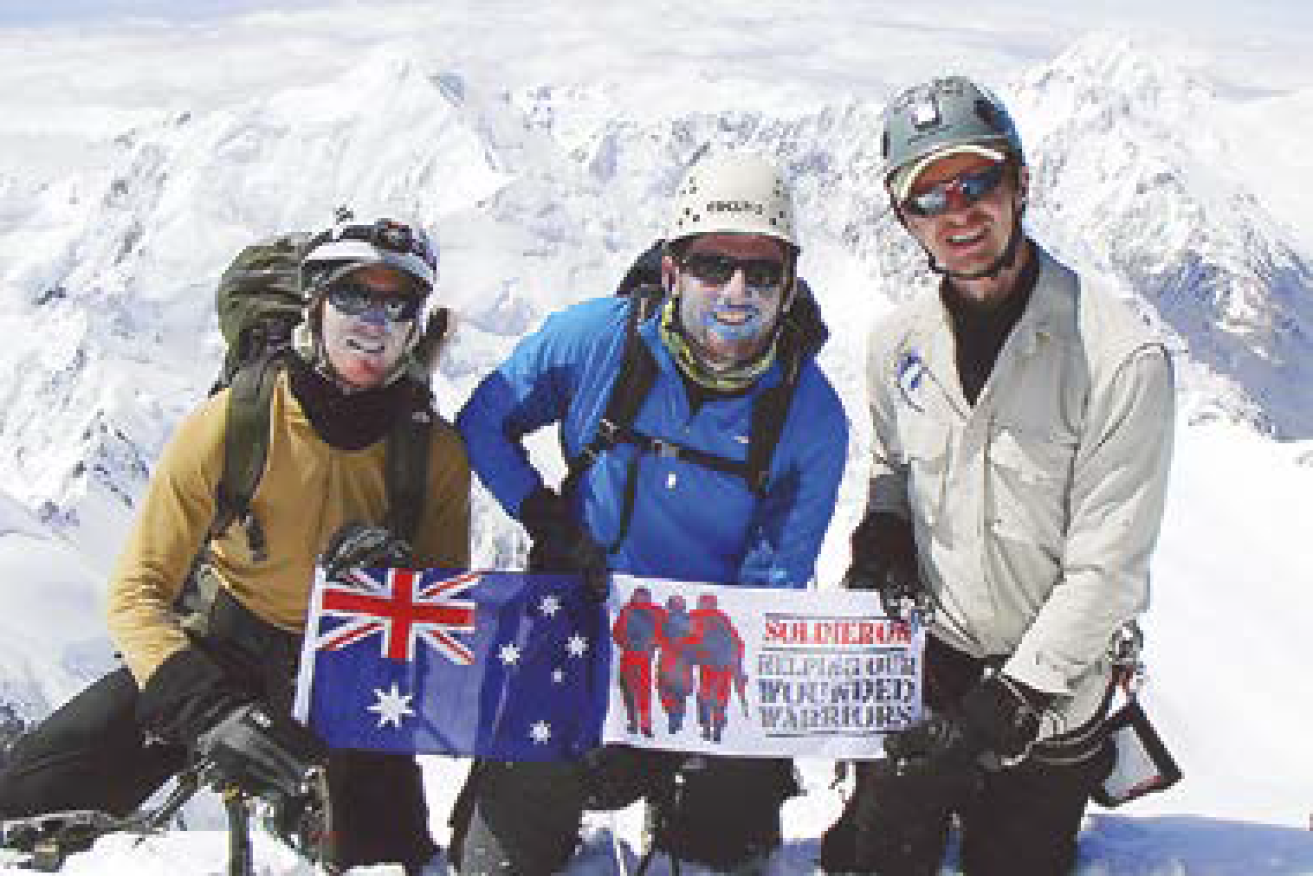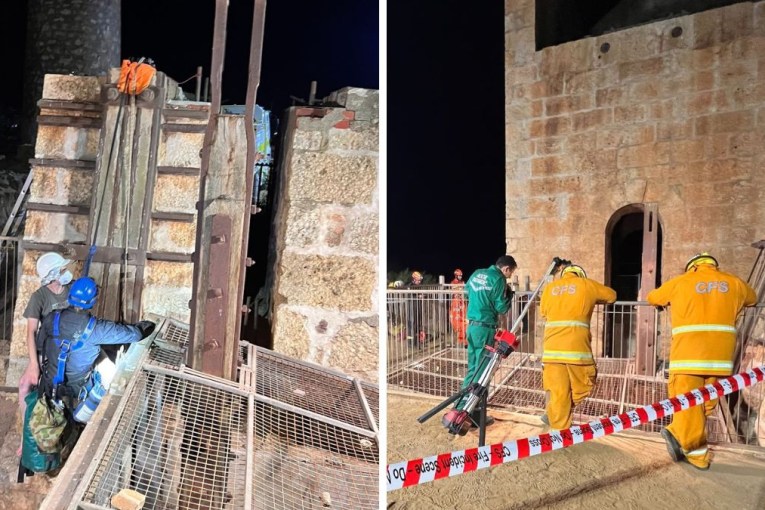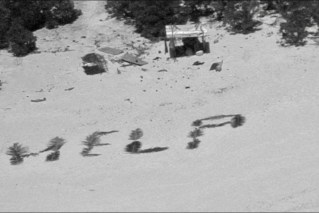‘Snowman’: Rescued Army soldier survives seven days on NZ mountain


Lieutenant Terry Harch (middle) climbed New Zealand's highest peak Mt Cook in 2014 to raise money for Soldier On. Photo: Army News
After nearly a week trapped on a New Zealand mountain, an Australian Army lieutenant described as a “snowman” for his alpine-climbing skills, has been found alive with only “slight frostbite”.
In a rescue operation described as being “bigger than Ben Hur” by New Zealand’s Rescue Co-operation Centre (RCCNZ), a break in the weather enabled rescue helicopters to land on Friday afternoon at 3.35pm (local time), where he was airlifted to Dunedin Hospital, the Otago Daily Times is reporting.
The experienced climber, identified as Australian Army Lieutenant Terry Harch, was spotted on Thursday night in Mount Aspiring National Park in Wanaka in the South Island after days of rescue efforts were frustrated by gales, sub-zero temperatures and snow.
Website stuff.co.nz said Lieutenant Harch was located only after a private beacon operator in the US called RCCNZ.
RCCNZ senior search and rescue officer Geoff Lunt said search crews got the sight they were waiting for when they saw Lieutenant Harch ”standing and waving” as they landed near the Quarterdeck Pass at 5pm on Thursday.
Here’s the rescue team heading out from Wanaka this morning @AspiringHeliNZ pilot James Ford in HAH pic.twitter.com/tABqdH2lhd
— Wanaka Sun (@wanakasun) August 3, 2018
Wanaka Search and Rescue chairman Bill Day said Lieutenant Harch was not carrying a modern beacon but had borrowed an older-model private tracking device from a friend. It sent a signal to a private supplier in Texas.
“He rang the Rescue Co-ordination Centre in New Zealand, then they called us with the positions,” he said.
Mr Day said rescue efforts had been complicated because different positions were reported on Tuesday and Wednesday, about two kilometres apart.
Soldier On is delighted that Terry Harch has been found safe and well in New Zealand. Terry is an extraordinary Australian and his previous efforts to raise much needed funds for Soldier On by climbing Mount Cook will never be forgotten #safeandwell pic.twitter.com/lC6dyQcVx4
— Soldier On Australia (@SoldierOnAust) August 3, 2018
Lieutenant Harch joined the ADFA in 2007 and quickly became one of a small group of ADF climbers who eventually scaled New Zealand’s highest peak, Aoraki-Mount Cook, in 2014, according to the defence publication Army.
Described as a “snowman”, he reached the 3724-metre peak in 13 hours, along with two colleagues.
“The purpose of the two climbs was to raise money for Soldier On, a charity that supports ADF members who have suffered physical or mental wounds in the course of their service. They raised $1780.”

The climber was located just north of the French Ridge plateau at Quarterdeck Pass. Photo: Instagram
A modern beacon would have pinpointed Lieutenant Harch’s position more accurately and immediately, Mr Day said.
Four Wanaka Alpine Rescue crew, equipped with clothes, tents and much-needed food, were dropped in to the pass late on Thursday.
Mr Day said it was not possible for Lieutenant Harch and the rescue team to walk or ski out of the area because of the avalanche risk.
Mr Lunt said Lieutenant Harch had sheltered for two nights at Quarterback Pass.
“He has clearly made some good decisions to be able to survive the bad weather, heavy snow and high winds,” he said.
Mr Aspiring rescue: He’s alive! Rescue team with Australian climber. More to come
— Maritime New Zealand (Nō te rere moana Aotearoa) (@MaritimeNZ) August 2, 2018
Lieutenant Harch, described as being “in good spirits”, entered the national park on Friday and is thought to have left his heavier gear behind to make a quick ascent – not unusual practice – before being caught out by the weather.
The alarm was raised on Monday and rescue crews watched his beacon moving around the mountain for days as concerns grew.

Rescuers said there was a high risk of avalanches as well as poor weather in the area of the search. Photo: Maritime New Zealand
During the nearly seven days he was out alone, he endured winds of up to 60km/h, freezing conditions and, at times, heavy snow.
Rescue mission co-ordinator Michael Roberts told the Wakana Sun the pilots had done an amazing job.
“The pilots did an amazing job to fly in and out, despite the low cloud tonight.”
“It has just hung around the mountain for days and hampered our search efforts. The helicopter crews, Wanaka Alpine Cliff Rescue team and Police all deserve the highest praise for the work they’ve done over the past two days – and particularly tonight,” Mr Roberts said.
More than 30 people are thought to have died in and around the popular national park in the past decade.
-with AAP








